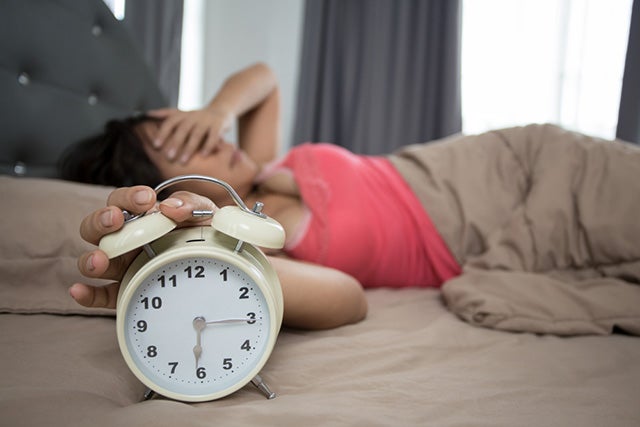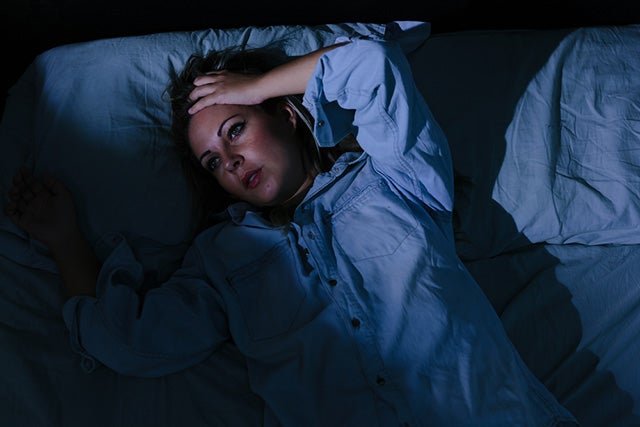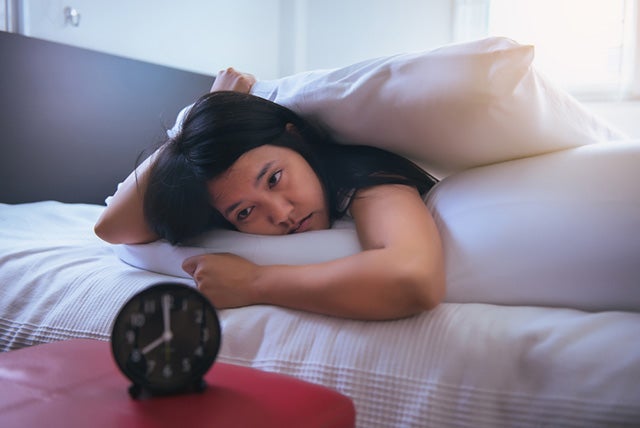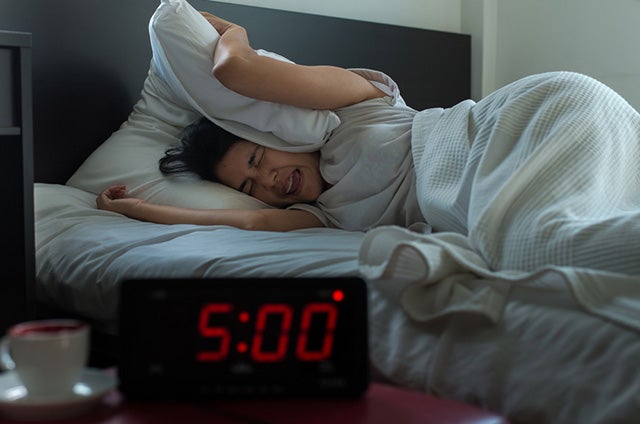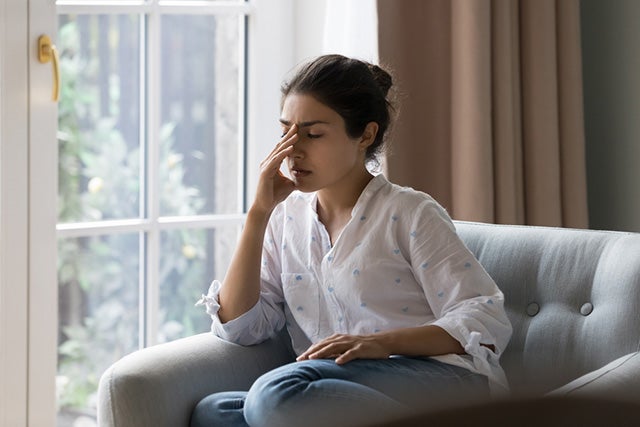Does it ever feel impossible to get out of bed some mornings? It doesn’t matter how much you want to, you can’t seem to make yourself move? You might be one of millions who suffer from dysania. Dysania is a condition characterized by an inability to get yourself up in the morning. While the root cause is still unknown, a few symptoms are often associated with dysania.
What Is Dysania?
Dysania, sometimes called “sleep disorder,” refers to a sleep condition where people fight to get out of bed in the morning. Despite having a full night of restful sleep, people with dysania may feel groggy and disoriented when they wake up. They often have difficulty clearing their minds and getting going for the day ahead.
There is no particular cause or cure for dysania. However, some individuals may find it helpful to establish a regular sleeping schedule or invest in blackout curtains that help their bodies maintain optimal sleep cycles throughout the night.
Dysania is a condition that affects many people around the world. Still, thankfully some strategies can help people manage its symptoms.
What Causes Dysania?
Dysania can be caused by several things but is typically linked to one of the following.
Myalgic Encephalomyelitis/Chronic Fatigue Syndrome
People that suffer from Myalgic Encephalomyelitis/Chronic Fatigue Syndrome (ME/CFS) won’t feel rested even if they’ve slept properly. It’s common for people who suffer from this to end up feeling exhausted even after performing regular daily activities. Science has yet to find a cause for ME/CFS. Still, it usually happens in people with immune disorders or infections.
Grief and Depression
People who experience grief often have trouble sleeping. This is usually accompanied by other powerful emotions, like anger or sadness.
Depression is tightly linked to dysania because one of its most frequent symptoms is the inability to rest properly. As a vicious cycle, sleep problems will also deepen one’s depression. Thankfully, depression is treatable with the help of a professional.
Thyroid Problems
Chronic fatigue may be caused by hypothyroidism or Hashimoto’s illness (also known as Hashimoto’s thyroiditis). Both of these conditions can be diagnosed with blood tests. Without treatment for thyroid disease, the feeling of weariness may last for several months or even years.
Certain cardiac drugs and diseases such as bipolar disorder can interfere with the thyroid’s ability to perform its normal functions. Certain cancer treatments have been linked to the development of hypothyroidism.
Sleep Disorders
The National Center for Complementary and Integrative Health says there are close to 80 distinct types of sleep disorders. Any of these conditions may cause you to wake up exhausted and unable to drag yourself out of bed in the morning. Insomnia and obstructive sleep apnea are two of the most prevalent forms of sleep deprivation in the United States.
If you have a sleep issue, a specialist can assist you in determining which treatment will be most effective in alleviating the symptoms of your condition.
Symptoms of Dysania
Dysania is a sleep disorder characterized by difficulty waking up in the morning and getting out of bed. Other symptoms may include grogginess or lethargy that persist throughout the day and problems focusing or staying alert.
In addition, people with dysania may experience fatigue or irritability and find it difficult to concentrate on tasks. Unfortunately, the underlying causes of this sleep disorder are not fully understood. However, it is believed to be linked to circadian rhythms and brain chemistry disruptions.
Suppose you think you may be experiencing symptoms of dysania. In that case, it is important to consult with your doctor for diagnosis and treatment options. Early diagnosis and interventions can help you manage this condition effectively and regain control over your sleep schedule.
Some other dysania symptoms:
- Lack of interest in past hobbies.
- A deep sense of sadness.
- Lack of sex interest.
- Pain that doesn’t have other underlying medical conditions.
Dysania Vs Depression
Dysania and depression are two conditions that are often confused with one another, but they actually represent distinct forms of mental illness. Dysania is a condition characterized by extreme difficulty in getting out of bed, while depression manifests as a pervasive state of sadness or apathy.
Also, dysania manifests more at particular times, such as in the morning. At the same time, depression often lasts throughout the entire day and can impact individuals regardless of the time of day.
While both dysania and depression can have serious consequences if left untreated, understanding their key differences is essential for helping those struggling with these conditions get the help and support they need.
You might be interested: Everything You Should Know About Sleep Disorders
How to Tell If You Have Dysania and Not Depression
Dysania is a condition that makes it difficult to get out of bed and focus on your daily activities. Symptoms of dysania can look very similar to those of depression, making it hard to determine if you’re actually dealing with dysania or just experiencing normal symptoms of depression. Here are some key ways to tell whether you have dysania or depression.
Firstly, notice whether your symptoms are persistent or pervasive. While depressive symptoms typically resolve within a few weeks, if your feelings and thoughts make it hard for you to carry out your day-to-day responsibilities, it may indicate dysania.
Second, consider the severity of your symptoms. Depression often involves feelings of intense sadness that can last for weeks or months at a time or pile up over time, as well as changes in sleep, eating habits, and/or energy levels.
On the other hand, dysania tends to come on suddenly and may result in short periods where you experience strong negative thoughts and feelings but feel relatively ok otherwise.
Finally, think about the possible causes of your symptoms. A primary cause of depression is stress and sadness stemming from unpleasant life events like losing a loved one or joblessness.
However, environmental and biochemical causes can contribute to depression without external triggers. If this is the case for dysania, it is likely not caused by depression but rather by an imbalance in one’s brain chemistry.
How to Treat Dysania
To treat dysania, it is important to understand the underlying causes. Stress and sleep deprivation are contributing factors that some people need to address.
Some potential solutions can be:
- Only use your bed for sleeping and having sex.
- Maintaining a consistent sleeping schedule.
- Taking melatonin supplements.
- Exercising during the day.
- Exposing yourself to sunlight.
- Setting the right bedroom temperature at night.
However, the problem may be related to a disorder or neurotransmitter imbalance for many others. In these cases, it may be necessary to seek treatment from a medical professional to balance brain chemicals and address any underlying conditions.
You might want to read: The Most Common Sleep Disorders
Final Thoughts
Dysania is a condition that can make it difficult to pull yourself out of bed in the morning. While dysania and depression share some common symptoms, there are key ways to tell them apart. If you think you may have dysania, don’t hesitate to reach out for help. Many treatment options can help you manage your condition and start living a fuller life.
Photo credit: suriya yapin/Shutterstock;
fizkes/Shutterstock; SB Arts Media/Shutterstock;
charnsitr/Shutterstock; Kleber Cordeiro/Shutterstock;
GBALLGIGGSPHOTO/Shutterstock; Rawpixel.com/Shutterstock;
Nelli Syrotynska/Shutterstock; DC Studio/Shutterstock
Frequently Asked Questions
Why can't I get out of bed?
If you're having issues getting out of bed, you could suffer from dysania or clinomania. Other potential causes include depression, fatigue, or chronic pain.
Can you be addicted to your bed?
Some argue that, since we spend so many hours each day sleeping, our beds are an important source of comfort and rest. Others claim that because dysania – a condition characterized by the inability to get up in the morning – affects such a high percentage of people, some physical dependency must be involved. There seems to be clear evidence that dysania can lead to sleep deprivation and excessive tiredness during the day.
Is dysania the same as depression?
Dysania is not the same as depression, but depression can be an underlying cause of dysania.
What is clinomania?
Clinomania is a morbid obsession to stay in bed all the time. Clinomania doesn't mean that the person is feeling tired but rather that the bed has become a haven.
